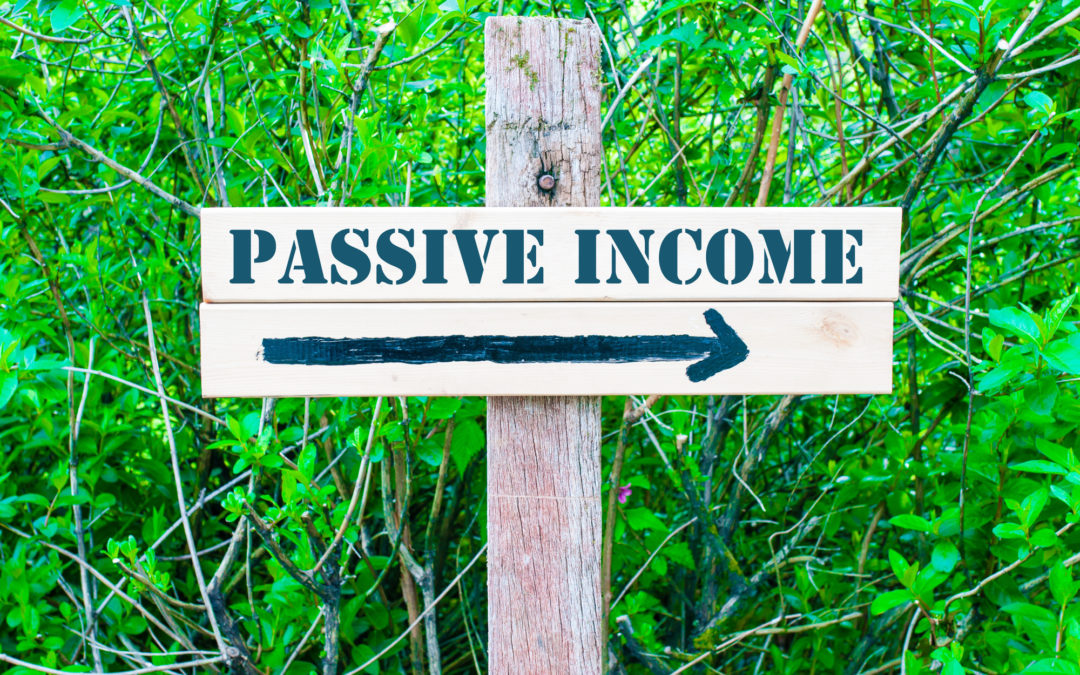What Exactly Is a Passive Investment?
Are you interested in learning more about passive investment? This guide will tell you everything you need to know about this type of investment.
When most people think about investing for the future, they think in terms of retirement account options, such as a 401k or a Roth IRA. Retirement accounts are a smart way for most people to start their future planning, but they come with limits. There are legally imposed limits on how much you can deposit.
What do you do if you have extra money you’d like to see grow, but you can’t invest the time in a full-time business venture? For some, the answer comes in the form of a passive investment. Not familiar with the passive investment trend?
Keep reading for our guide to passive investment.
What Is a Passive Investment?
Broadly speaking, a passive investment happens when you put money into an opportunity with the expectation of a minimal or non-existent management role. If you’re interested in the stock market, an index fund often operates this way. Rather than look for a quick turnover, they hang on to stocks long-term with the expectation of slow, steady wealth building.
Not everyone loves sinking their money into the stock market, even with relatively reliable options like index funds. In some cases, the investor wants reliable passive income to provide a more leisurely lifestyle than a full-time job or business ownership provides.
Types of Passive Investment Opportunity
Passive investment opportunities come in a number of different types, with varying levels of risk. One example of a passive investment is a silent partnership in a business. You front the business money in exchange for a piece of the revenue.
Another option is paying for the creation of digital products that offer the potential for long-term profit. For example, you could hire ghostwriters to create a series of ebooks on related topics and publish them under your own name.
One of the most popular options, which we’ll cover in the next section, is real estate.
Real Estate Passive Investment
Real estate offers several options for passive investment. You can buy properties and then use a management company to handle renting them out. You can invest in real estate investment trusts, which you can think of as a bit like mutual funds for real estate.
Another option is self storage passive income. In this case, you pool your money with other investors. Then, a management company helps you invest in self storage facilities.
It becomes a recurring passive income stream for you.
Passive Investment and You
Investing for your future should always start with things like retirement accounts. Once you max out those options, though, looking for other ways to make your money work for you makes sense. Passive investments provide those kinds of opportunities without adding a lot of new demands.
You can look at things like index funds, but many passive investors prefer real estate options like passive storage investing. It becomes a nice source of passive income with fewer headaches and less time invested on your part.
Kingdom Storage Partners specializes in self storage investment. For more info, contact Kingdom Storage Partners today.





